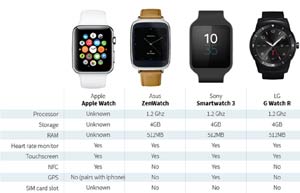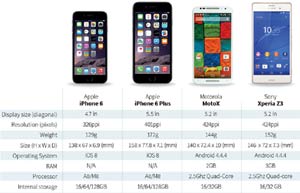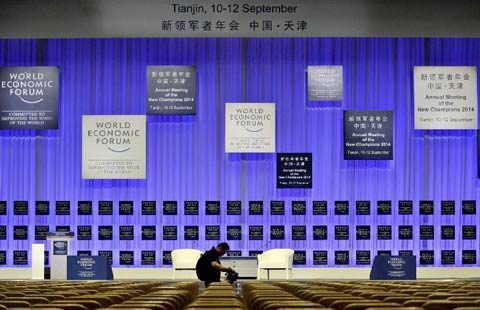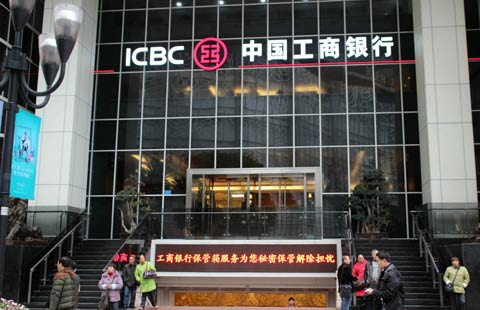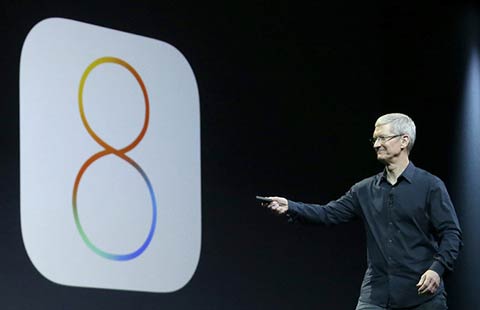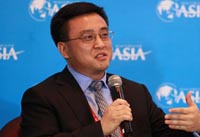Factory slowdown signals further weakness
(Bloomberg) Updated: 2014-09-02 07:20
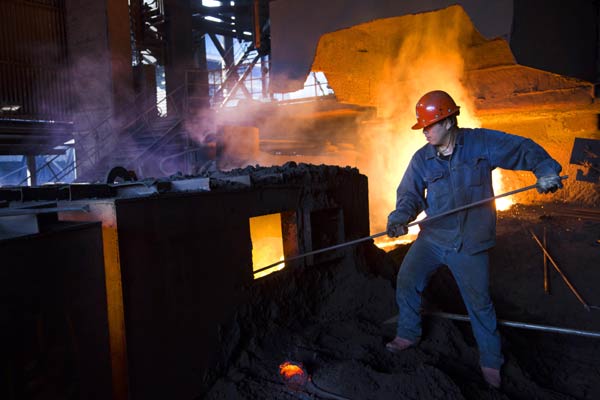 |
|
A worker stokes the furnace at a Sanming Steel (Group) Co Ltd factory in Sanming, in Fujian province. The official Purchasing Managers Index for August was 51.1, down from 51.7 in July. YANG ENUO/CHINA DAILY |
China's manufacturing sector slowed more than estimated in August, suggesting the economy is losing momentum.
The official Purchasing Managers Index, jointly released by the National Bureau of Statistics and the China Federation of Logistics and Purchasing, was 51.1 for August, missing the median 51.2 estimate in a Bloomberg survey.
The final reading of a separate manufacturing gauge from HSBC Holdings Plc and Markit Ltd was 50.2.
Both readings fell from 51.7 in July but remain above 50, indicating expansion.
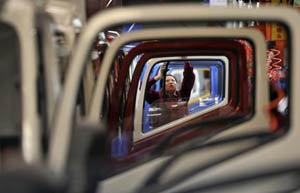 |
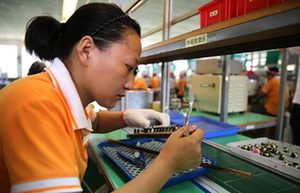 |
"The two PMIs both show that the current recovery is relatively weak and choppy," Lu said. Stimulus moves may include a larger re-lending quota from the central bank, and the government has "pretty firm confidence" it will keep the economy stable, he said.
Zhang Liqun, a researcher with the State Council's Development Research Center, said: "There's certain downward pressure in the current economic environment. Future industrial production growth may continue to drop slightly."
Analyst estimates for the official PMI ranged from 50.3 to 51.7. The index is based on responses to surveys sent to purchasing executives at 3,000 companies.
The official measure typically registers a higher reading than the HSBC survey, which is based on responses from purchasing managers at more than 420 businesses and focuses on smaller private companies.
While the official PMI index for big enterprises remained at a level showing expansion, the PMI for medium-sized enterprises dropped to 49.9, while for small businesses it tumbled to 49.1.
"This official PMI is a bellwether of China's largest and listed companies, so it suggests that they are still moving at a steady pace," Liu Ligang, chief greater China economist at Australia & New Zealand Banking Group Ltd in Hong Kong, said on Bloomberg Television. China's third-quarter growth tends to be slower, and the level of lending in August will be "very critical" for the economy, Liu said.
New credit plunged in July after a June surge, previously released data showed, suggesting the People's Bank of China will need to loosen policy to sustain growth if lending continues to dry up.
- China's final HSBC PMI falls to three-month low in August
- Manufacturing gauge triggers fresh concerns on 2014 growth
- China's manufacturing activity at three-month low: HSBC
- Recovery beats expectations, risks still ahead
- PMI rise signals success of govt support policies
- China's factories spring to life as global trade reawakens
- 8,700 items removed in Shanghai after oil scandal
- China, Albania to enhance agriculture, infrastructure partnership
- China urges greater voice of developing countries in global financial system
- Russia-China Investment Fund plans children's goods deal
- Alibaba 3 times oversubscribed
- Yuan's value hits 6-month peak
- Fourth expo on alcohol to open in Guiyang
- ABB CEO stresses confidence in China's economic growth, market outlook
